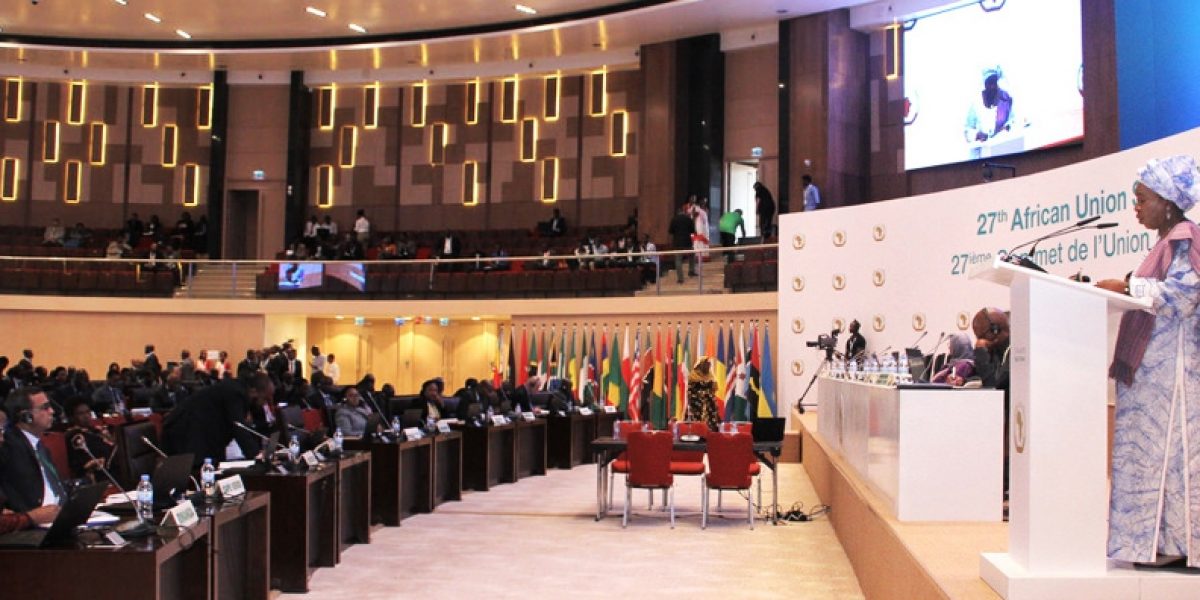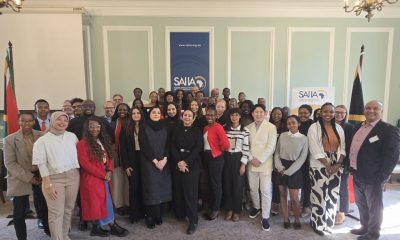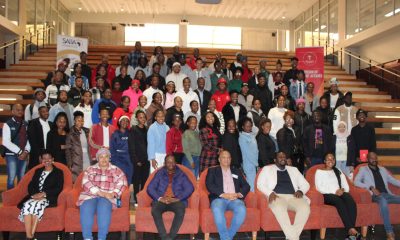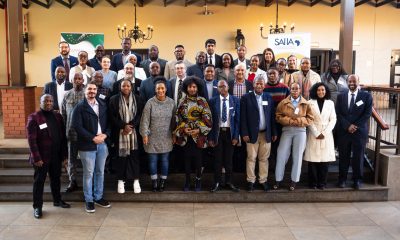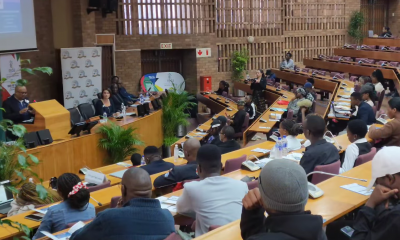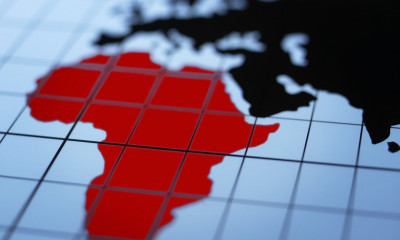This year’s summit runs throughout this week and takes place under the theme, ‘A Year of Human Rights, with Special Focus on the Rights of Women’. When the AU was established in 2002, it created numerous opportunities for an ambitious democracy and human rights agenda in the foreign and continental policies of African states.
This is evident in the Constitutive Act of the AU, which draws on various global instruments and protocols including the UN Universal Declaration of Human Rights and the International Covenant on Civil and Political Rights. The African Governance Architecture and the African Peace and Security Architecture were intended to provide a substantive institutional basis to advance human rights through good governance and democracy in Africa.
While progress has been made to advance human rights in some instances – such as the conviction of former Chadian President Hissène Habré by a Senegalese court – progress has been modest when measured against the ambitions that African states and continental institutions put forth in 2002.
In a new SAIIA Policy Briefing, Dr Tjiurimo Hengari argues that this is due to persistent sovereignty norms that hamper the ability of African states to fully integrate human rights, democracy and good governance into their foreign policies. He argues for pivotal states like South Africa to continue to champion the cause of human rights and governance, as essential elements of a stable and prosperous Africa. He also calls on the AU to embrace a global partnership with civil society and countries that have done well in protecting human rights.
The need to protect and promote human rights across the continent continues to be a priority for African leaders. Its relevance is acutely highlighted at this latest summit, amidst reports of electoral-related political violence in Zambia, Kenya, the Democratic Republic of Congo, Burundi and South Africa – and emerging reports of a rapidly destabilising political crisis in South Sudan.

